On the flip side, the number of mental health illnesses diagnosed that are attributed to work-related stress also continues to rise.
overwork
Roll the dice with employees apologising in the windows of office tower blocks late at night.
Less overtime for some workers means more for others if no one’s changing how much total work needs to be done.
Workaholics asked to address this senseless loss in a country where taking paid leave is frowned upon.
500-restaurant chain closes all branches to give employees’ time to spend with families at New Year’s.
Shining Monday initiative sounds great for anyone who likes to party on Sunday night, or just would rather not be working on Monday morning.
Employees go on landmark strike to tackle unpaid overtime, receive overwhelming support from netizens.
Our veteran salaryman-turned-reporter gives his idea for the one thing that has to change before Japan will stop working itself to death.
A new survey reveals that a startling number of Japanese workers are literally losing sleep over their stressful jobs.
If your child has a better relationship with the robotic vacuum cleaner than with you, then you might have a problem.
Mouth agape, eyes rolled back, head bobbing – when home is an hour or more away and work continues late into the night, the only place for many Japanese office workers to lay their weary head is against a train car window. This phenomenon is not unique to Japan, but the combination of overwork and limited affordable housing in big cities like Tokyo give rise to crowds of sleepy commuters just trying to get to their futon. If you have never witness the varied sleeping positions of Japan’s overworked commuters, take a look at the following video created by real estate website HOME’S.
The Chinese Banking Regulatory Commission Management Committee confirmed this month that one of its staff, Li Jianhua, died of being overworked on April 23 — and has suggested that his fatal devotion to his job is a model for other Chinese workers.
With the abundance of public holidays and an average of 18 vacation days per year, the stereotype of the overworked and exhausted Japanese worker may seem like a relic of the past. But a recent survey by Expedia Japan comparing the vacation schedules of 24 countries proves yet again that the stereotype is alive and well.
For the sixth year in a row, Japan came in dead last as workers are only taking an average of 39% of their annual paid leave. And perhaps unsurprisingly, Japan ranked last in worker satisfaction.
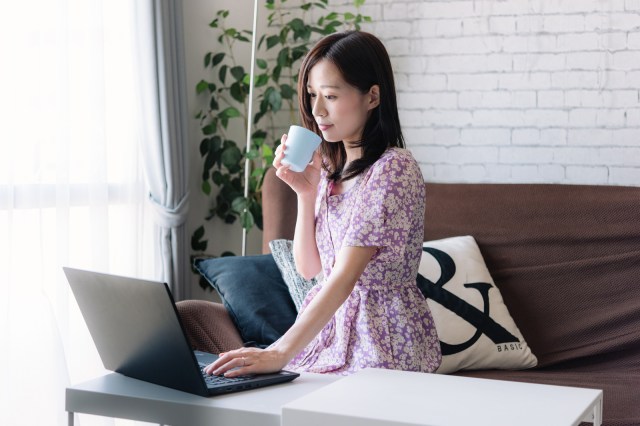
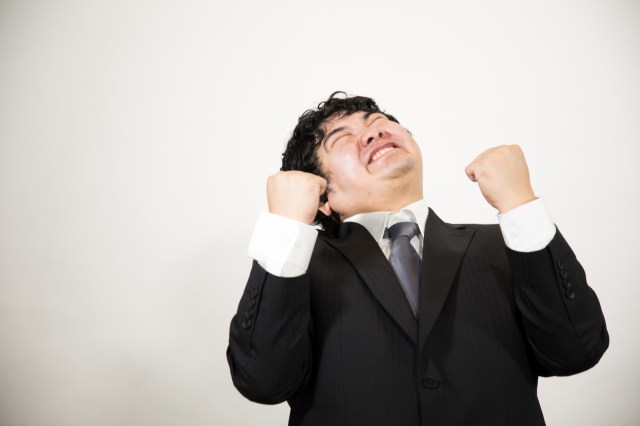
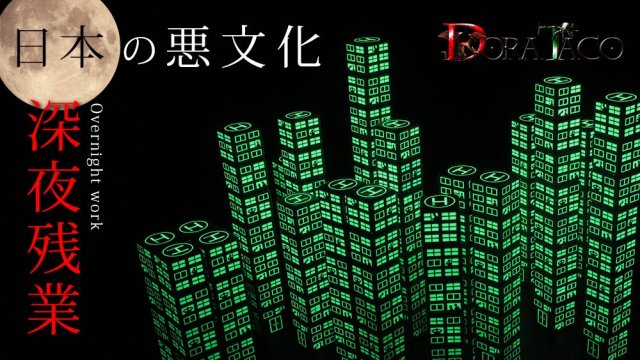
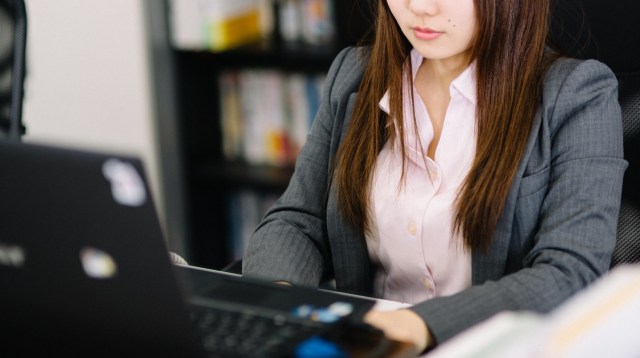

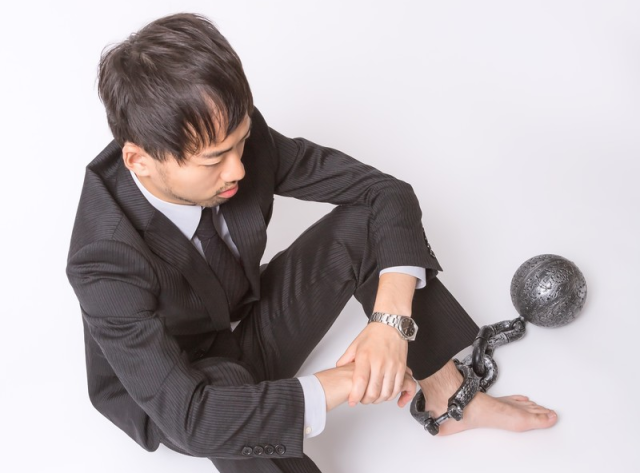

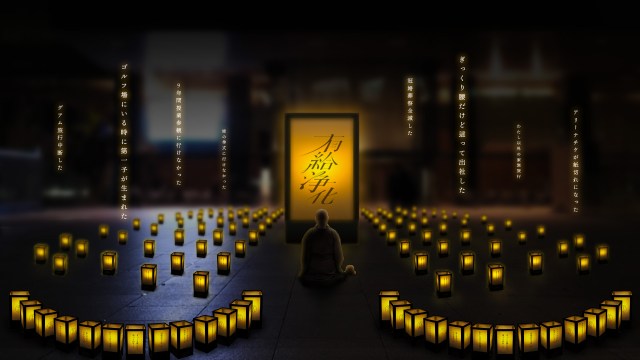
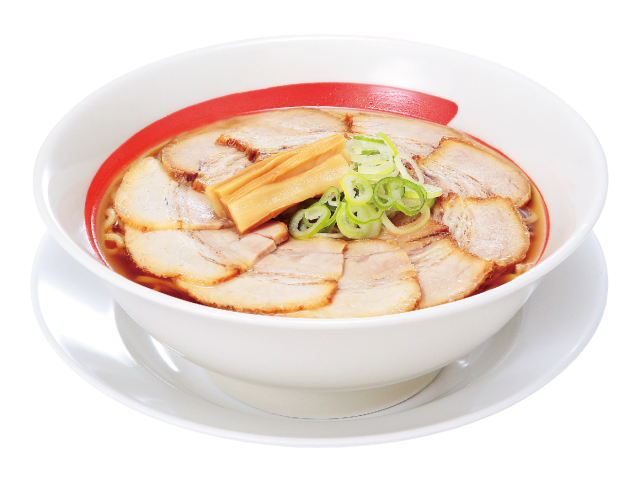
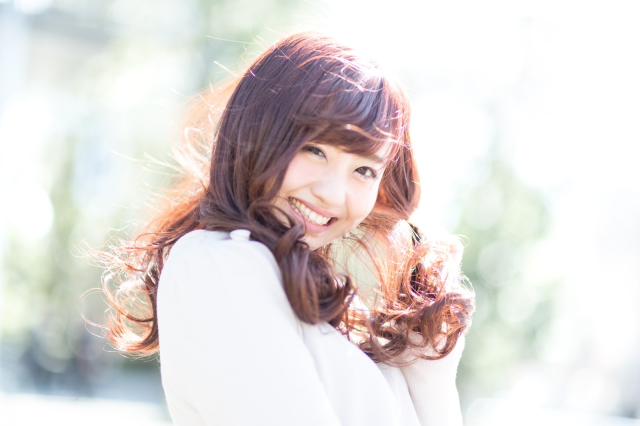
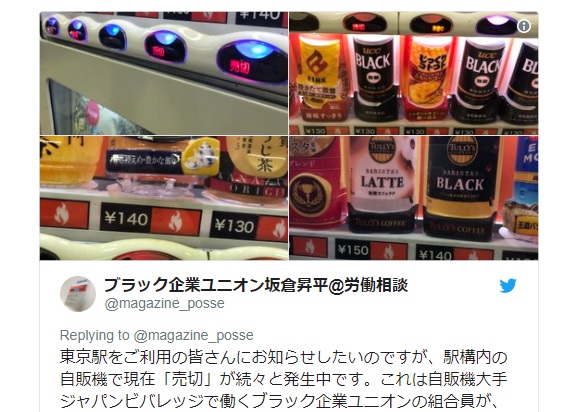
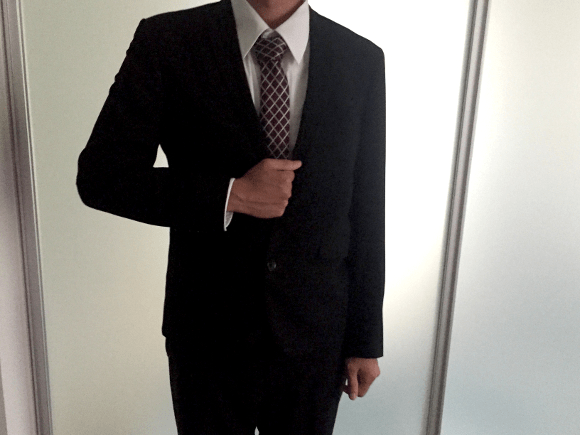
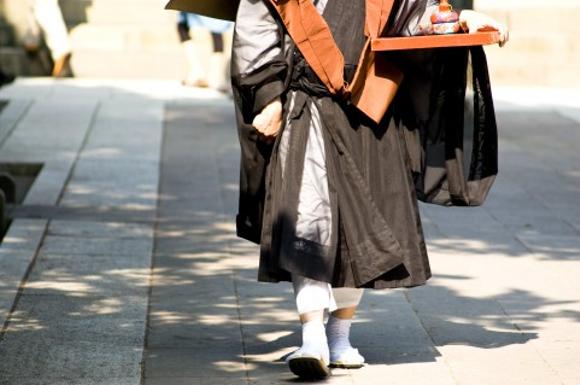
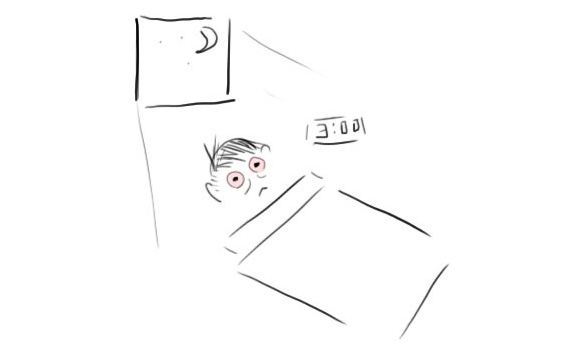
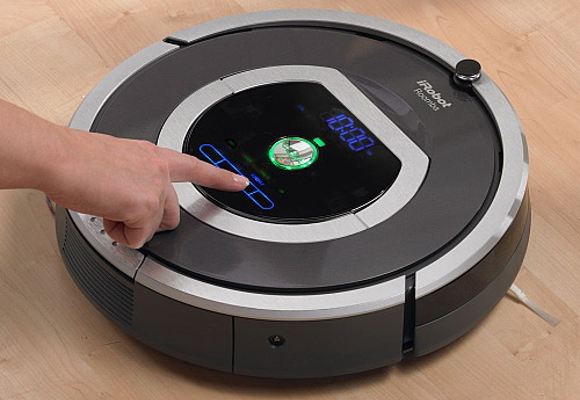
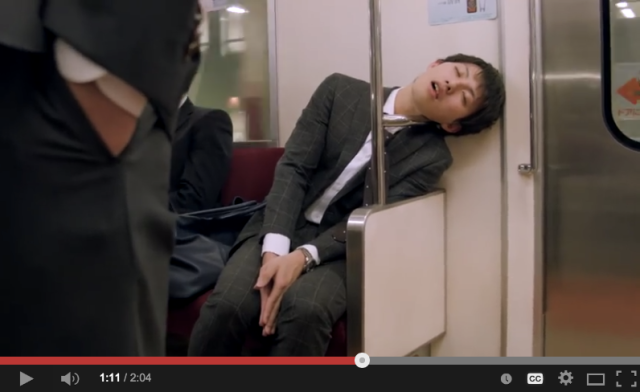
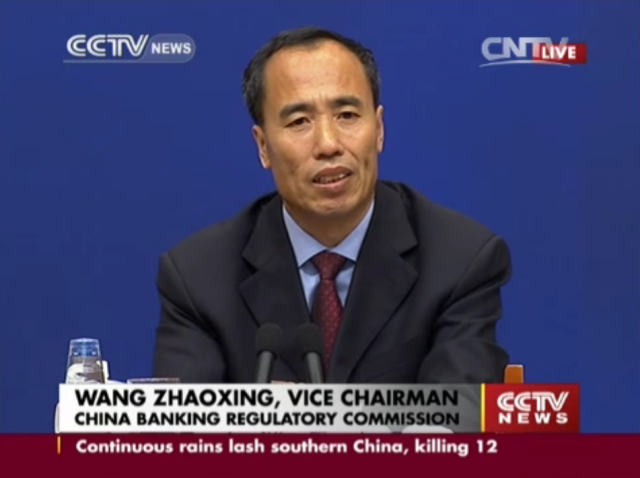
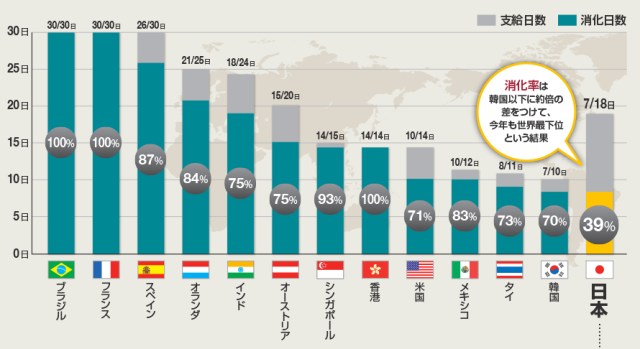
 Is China’s don’t-go-to-Japan warning affecting the lines at a popular Tokyo gyukatsu restaurant?
Is China’s don’t-go-to-Japan warning affecting the lines at a popular Tokyo gyukatsu restaurant? This is the Most Adorable 4-Year-Old Japanese Girl You Will Ever See
This is the Most Adorable 4-Year-Old Japanese Girl You Will Ever See Three beautiful places to see Japan’s plum blossoms after starting your day in downtown Tokyo
Three beautiful places to see Japan’s plum blossoms after starting your day in downtown Tokyo Cherry blossom forecasts map shows Japan’s OTHER sakura season is starting right now
Cherry blossom forecasts map shows Japan’s OTHER sakura season is starting right now Japanese man gets drunk and falls asleep on Tokyo streets, then gets robbed by foreign national
Japanese man gets drunk and falls asleep on Tokyo streets, then gets robbed by foreign national Here comes a new katsudon: ice cream katsudon?!?
Here comes a new katsudon: ice cream katsudon?!? Cherry blossom sake rice beer arriving in Japan well ahead of cherry blossom season, but how?
Cherry blossom sake rice beer arriving in Japan well ahead of cherry blossom season, but how? Extreme Budget Travel! Can you do a trip to Manila with 50,000 yen (US$333)? – Part 2
Extreme Budget Travel! Can you do a trip to Manila with 50,000 yen (US$333)? – Part 2 Ellen Baker, Japan’s anime-style English textbook teacher, gets turned into a huggy pillow
Ellen Baker, Japan’s anime-style English textbook teacher, gets turned into a huggy pillow Japan has a new bar just for people thinking about quitting their jobs, and the drinks are free
Japan has a new bar just for people thinking about quitting their jobs, and the drinks are free Yokai are descending upon Tokyo this spring in the latest immersive art experience
Yokai are descending upon Tokyo this spring in the latest immersive art experience New Studio Ghibli stamps leave an impression on your stationery…and your heart
New Studio Ghibli stamps leave an impression on your stationery…and your heart Japan cherry blossom forecast update moves up sakura dates for many parts of the country
Japan cherry blossom forecast update moves up sakura dates for many parts of the country Japan’s Naruto theme park now offering real-world version of Minato’s kunai ninja weapon
Japan’s Naruto theme park now offering real-world version of Minato’s kunai ninja weapon Morning-after pill finally available in Japan without a prescription, must be taken at pharmacy
Morning-after pill finally available in Japan without a prescription, must be taken at pharmacy And now, we eat a bear paw we bought in Japan’s Chiba Prefecture【Taste test】
And now, we eat a bear paw we bought in Japan’s Chiba Prefecture【Taste test】 Studio Ghibli turns My Neighbour Totoro characters into bag charms for everyday adventures
Studio Ghibli turns My Neighbour Totoro characters into bag charms for everyday adventures Japanese women sound off on their minimum height requirements for a husband【Survey】
Japanese women sound off on their minimum height requirements for a husband【Survey】 Starbucks Japan releases new drinkware and goods for Valentine’s Day
Starbucks Japan releases new drinkware and goods for Valentine’s Day Japan releases first official sakura cherry blossom forecast for 2026
Japan releases first official sakura cherry blossom forecast for 2026 10 times to avoid traveling in Japan in 2026
10 times to avoid traveling in Japan in 2026 Archfiend Hello Kitty appears as Sanrio launches new team-up with Yu-Gi-Oh【Pics】
Archfiend Hello Kitty appears as Sanrio launches new team-up with Yu-Gi-Oh【Pics】 Starbucks Japan releases new Frappuccino and latte for Valentine’s Day
Starbucks Japan releases new Frappuccino and latte for Valentine’s Day China’s don’t-go-to-Japan warning looks to be affecting tourist crowds on Miyajima
China’s don’t-go-to-Japan warning looks to be affecting tourist crowds on Miyajima Our 52-year-old pole dancing reporter shares his tips for achieving your New Year’s exercise goal
Our 52-year-old pole dancing reporter shares his tips for achieving your New Year’s exercise goal Studio Ghibli releases new “komorebi” plush toys from Princess Mononoke and Spirited Away
Studio Ghibli releases new “komorebi” plush toys from Princess Mononoke and Spirited Away Ramen restaurant’s English menu prices are nearly double its Japanese ones, denies discriminating
Ramen restaurant’s English menu prices are nearly double its Japanese ones, denies discriminating Survey asks foreign tourists what bothered them in Japan, more than half gave same answer
Survey asks foreign tourists what bothered them in Japan, more than half gave same answer Japan’s human washing machines will go on sale to general public, demos to be held in Tokyo
Japan’s human washing machines will go on sale to general public, demos to be held in Tokyo We deeply regret going into this tunnel on our walk in the mountains of Japan
We deeply regret going into this tunnel on our walk in the mountains of Japan Studio Ghibli releases Kodama forest spirits from Princess Mononoke to light up your home
Studio Ghibli releases Kodama forest spirits from Princess Mononoke to light up your home Major Japanese hotel chain says reservations via overseas booking sites may not be valid
Major Japanese hotel chain says reservations via overseas booking sites may not be valid Put sesame oil in your coffee? Japanese maker says it’s the best way to start your day【Taste test】
Put sesame oil in your coffee? Japanese maker says it’s the best way to start your day【Taste test】 No more using real katana for tourism activities, Japan’s National Police Agency says
No more using real katana for tourism activities, Japan’s National Police Agency says Starbucks Japan reveals new sakura drinkware collection, inspired by evening cherry blossoms
Starbucks Japan reveals new sakura drinkware collection, inspired by evening cherry blossoms Updated cherry blossom forecast shows extra-long sakura season for Japan this year
Updated cherry blossom forecast shows extra-long sakura season for Japan this year Here comes a new katsudon: ice cream katsudon?!?
Here comes a new katsudon: ice cream katsudon?!? Cherry blossom sake rice beer arriving in Japan well ahead of cherry blossom season, but how?
Cherry blossom sake rice beer arriving in Japan well ahead of cherry blossom season, but how? Extreme Budget Travel! Can you do a trip to Manila with 50,000 yen (US$333)? – Part 2
Extreme Budget Travel! Can you do a trip to Manila with 50,000 yen (US$333)? – Part 2 Ellen Baker, Japan’s anime-style English textbook teacher, gets turned into a huggy pillow
Ellen Baker, Japan’s anime-style English textbook teacher, gets turned into a huggy pillow Japan has a new bar just for people thinking about quitting their jobs, and the drinks are free
Japan has a new bar just for people thinking about quitting their jobs, and the drinks are free Stamina-destroying “Paralysis Noodles” are Tokyo’s newest over-the-top ramen innovation
Stamina-destroying “Paralysis Noodles” are Tokyo’s newest over-the-top ramen innovation Japanese gamer furniture company creates cabinets just for collectible trading card gamers【Pics】
Japanese gamer furniture company creates cabinets just for collectible trading card gamers【Pics】 How to make a lucky sushi roll with KFC fried chicken skin【SoraKitchen】
How to make a lucky sushi roll with KFC fried chicken skin【SoraKitchen】 Majority of Japanese women in survey regret marrying their husband, but that’s only half the story
Majority of Japanese women in survey regret marrying their husband, but that’s only half the story And now, we eat a bear paw we bought in Japan’s Chiba Prefecture【Taste test】
And now, we eat a bear paw we bought in Japan’s Chiba Prefecture【Taste test】 “Office lady in heels walking on tatami”: The mysterious world of Japanese fetishism
“Office lady in heels walking on tatami”: The mysterious world of Japanese fetishism China’s don’t-go-to-Japan warning looks to be affecting tourist crowds on Miyajima
China’s don’t-go-to-Japan warning looks to be affecting tourist crowds on Miyajima Extreme Budget Travel! Can you do a trip to Manila with 50,000 yen (US$333)? – Part 1
Extreme Budget Travel! Can you do a trip to Manila with 50,000 yen (US$333)? – Part 1